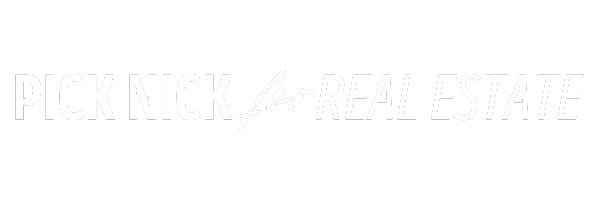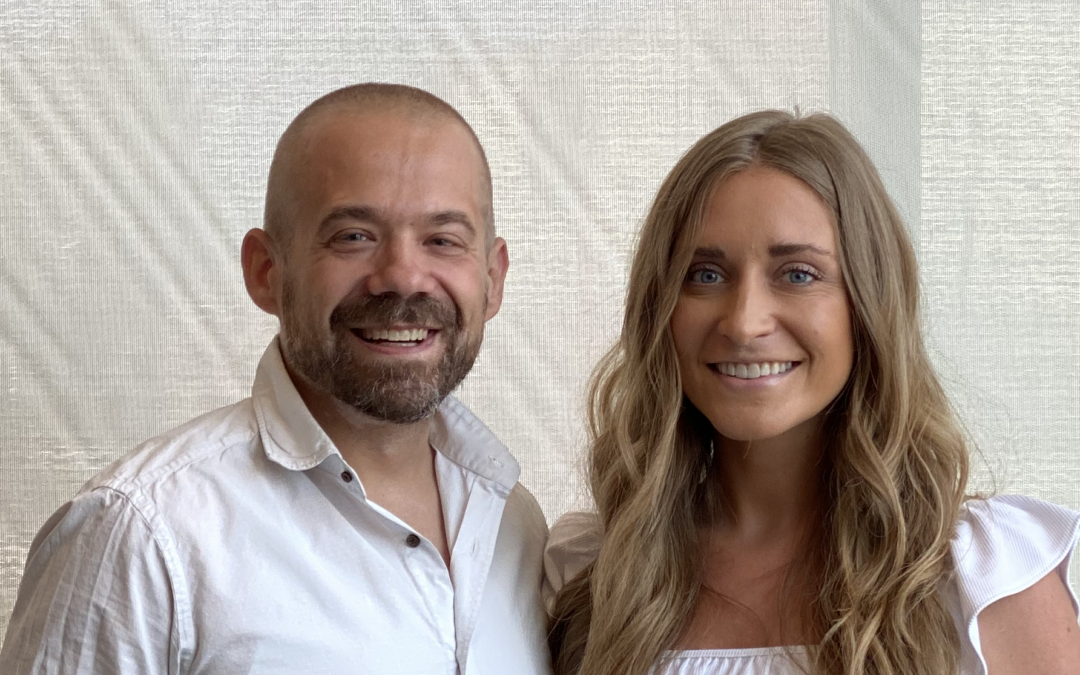download this sample form to get you started
Get the CHOOSING A LENDER cheat sheet to help get you organized.
It is my intention through my site and videos to bring you updates and interviews from professionals across the industry, so that you can get information right from the source.
For this installment, I sat down with Emily Spahr, a friend and Mortgage Loan Originator with Zenith Home Loans (NMLS #1907448), to discuss the biggest questions first-time home buyers tend to have when they are contemplating purchasing a home. You can learn more about Emily and Zenith at https://zenithhomeloans.com/team-member/emily-spahr/
Let’s jump right into it!
What are the most common questions you hear from a first-time homebuyer when you first meet them?
There are three that are usually front of mind when a first-time home buyer starts the process:
1. What should be my minimum credit score?
Generally speaking, a credit score of 620 is needed to qualify for a loan. Some lenders allow for government backed FHA and VA loans with credit scores starting at 580.
2. Do I need to pay off all of my debt first?
You do not need to be debt free to qualify for a loan! Debt is normal and to be expected. In many situations, you can qualify for a loan without having to pay debts off or down.
3. How much do I need for a down payment?
A first-time homebuyer can put down as little as 3%, whereas, for a repeat homebuyer, the minimum can be as low as 5%. Veterans using a VA loan are eligible to put 0% down.
What are the lending terms you like to make sure every buyer understands?
Lending terms can be confusing, even for the experienced buyer. Here are a few that tend to be mixed up the most:
1. Interest rate vs. annual percent rate (APR)
- The interest rate is the percent of principal charged by the lender for the use of assets. Interest rate relates to the monetary expense you will pay over time for borrowing money.
- The annual percentage rate (APR) represents the total cost of your loan, including fees, expressed as a percentage. The primary purpose of an APR is to easily allow consumers to compare lender cost and fees; APR is not your interest rate.
2. Discount points vs. origination fees
- Discount points are fees paid to the lender at closing in exchange for a lower interest rate. Discount points are completely optional, and your mortgage lender will be able to help you determine if discount points are advantageous depending on your homeownership goals. You may also hear discount points referred to as a ‘buydown.’
- An origination fee is the monetary amount charged by a lender to cover the cost of processing the loan. The origination fee gets paid at closing and is part of your cash to close figure. You may also see a processing or underwriting fee in addition to the origination fee – all of these should be added together when considering the total cost of the loan that is paid to the lender.
3. Closing costs vs. prepaid expenses
- Closing costs include items such as the origination fee, discount points (if applicable), appraisal, credit report, flood certificate, title and recording fees, as well as transfer taxes. A good range to budget for closing costs expenses is between $3,500-$4,000.
- There are also some prepaid expenses that get paid at closing such as your annual homeowner’s insurance premium, prepaid interest, initial escrow deposits and HOA dues, if applicable. Prepaid expenses are included in your total cash to close figure and will vary based on the home you purchase.
What are some questions buyers don't know to ask but should?
Because a new buyer doesn’t know the ins and outs, they have to depend on having a great lender to really understand their needs to find the best program for them. Here are few preemptive questions a buyer can ask to make sure they really know all of their options:
1. Which type of mortgage is best for me?
It may seem like a no-brainer, but it really is important! Mortgage structure is dependent on a few key factors – income, assets, credit score and monthly liabilities, or debts. Working with a trusted mortgage advisor is essential so that they can help determine which program is best suited to your specific scenario and goals. Potential mortgage options include Conventional, FHA, VA, USDA, and Jumbo.
2. Do I qualify for down payment assistance?
Down payment assistance is based on annual income earnings, so depending on your qualifying income, there may be down payment assistance programs available to you such as CHFA and Metro DPA. Some lenders do not offer down payment assistance programs so if this is an option you want to explore, it is important to select a lender who can provide these programs.
3. Will I have to pay mortgage insurance?
Depends! If your down payment is 20% or greater, you will not have to pay mortgage insurance. If your down payment is less than 20%, mortgage insurance will be required. Mortgage insurance is most traditionally paid monthly; however, there are upfront and financed options available in certain situations. Your lender will be able to help you explore all options and guide you toward an informed decision.
What are some questions a buyer should ask every lender they speak with?
-We are in such a competitve environment, you want to make sure you have a lender that will have your back. Of course, what is important to everyone will vary, but here are a few you can ask:
1. How much time do you need to fund?
Knowing how much time your lender needs to fund your loan is important so that your offer can be as competitive as possible. Some lenders can close your loan in as little as 2 weeks if you are fully preapproved. This is one very important reason why you should get pre-approved as soon as you are ready to start looking at homes.
2. Do you guarantee on-time closings?
Working with a lender that guarantees on-time closings is more significant than it seems! Financing delays cause undue stress and could also put your purchase in jeopardy. On time closing guarantees provide a layer of security and confidence to the transaction for you as the buyer and also to the seller. Partnering with a lender that offers some type of guarantee may be what helps your offer stand out from another.
3. What is your availability when I make an offer?
This is an important question to ask! A lot of real estate happenings can take place outside of normal work hours and you will need to know if the lender you select is available on nights and weekends should you need to speak with them. A lender that is available to review contract terms as well as call the listing agent to advocate on your behalf when an offer is submitted will strengthen your position.
Whenever you are considering a home purchase, I recomment contacting at least 3 lenders to ensure you are getting the best loan for you with the lowest rate. Great lenders listen and take the time to get to know you in order to find the best loan for your needs. It is important that you also get to know them, their offerings, and how they plan to support you through the home buying process.


Recent Comments